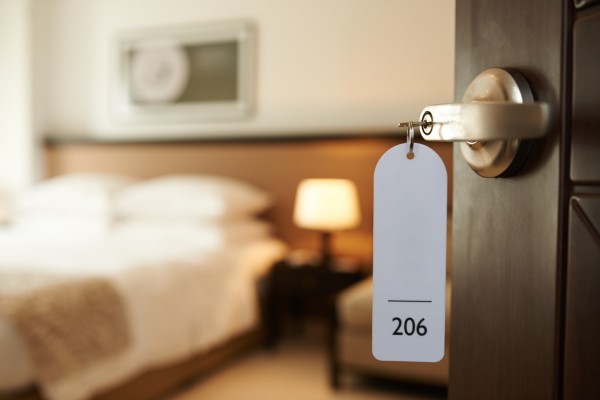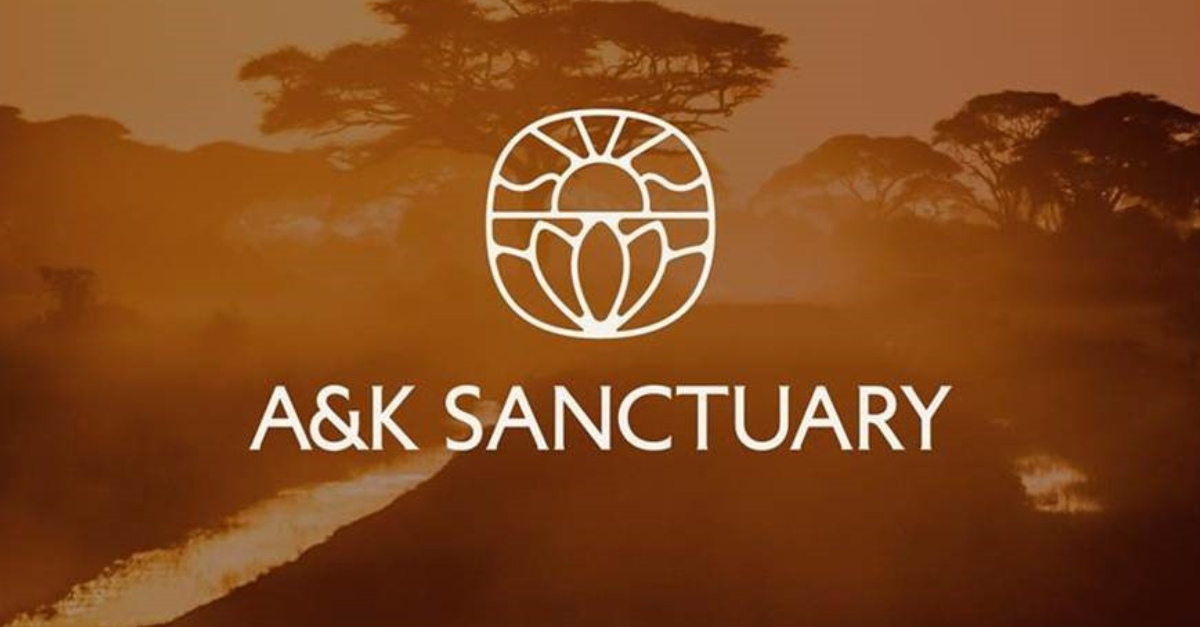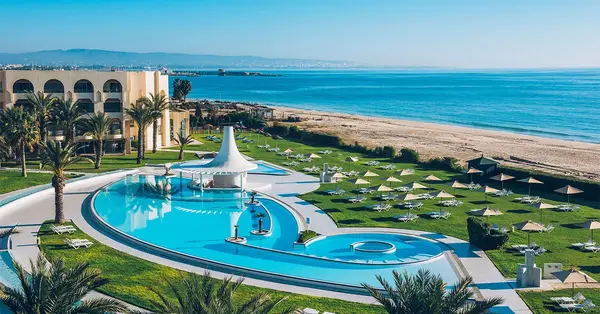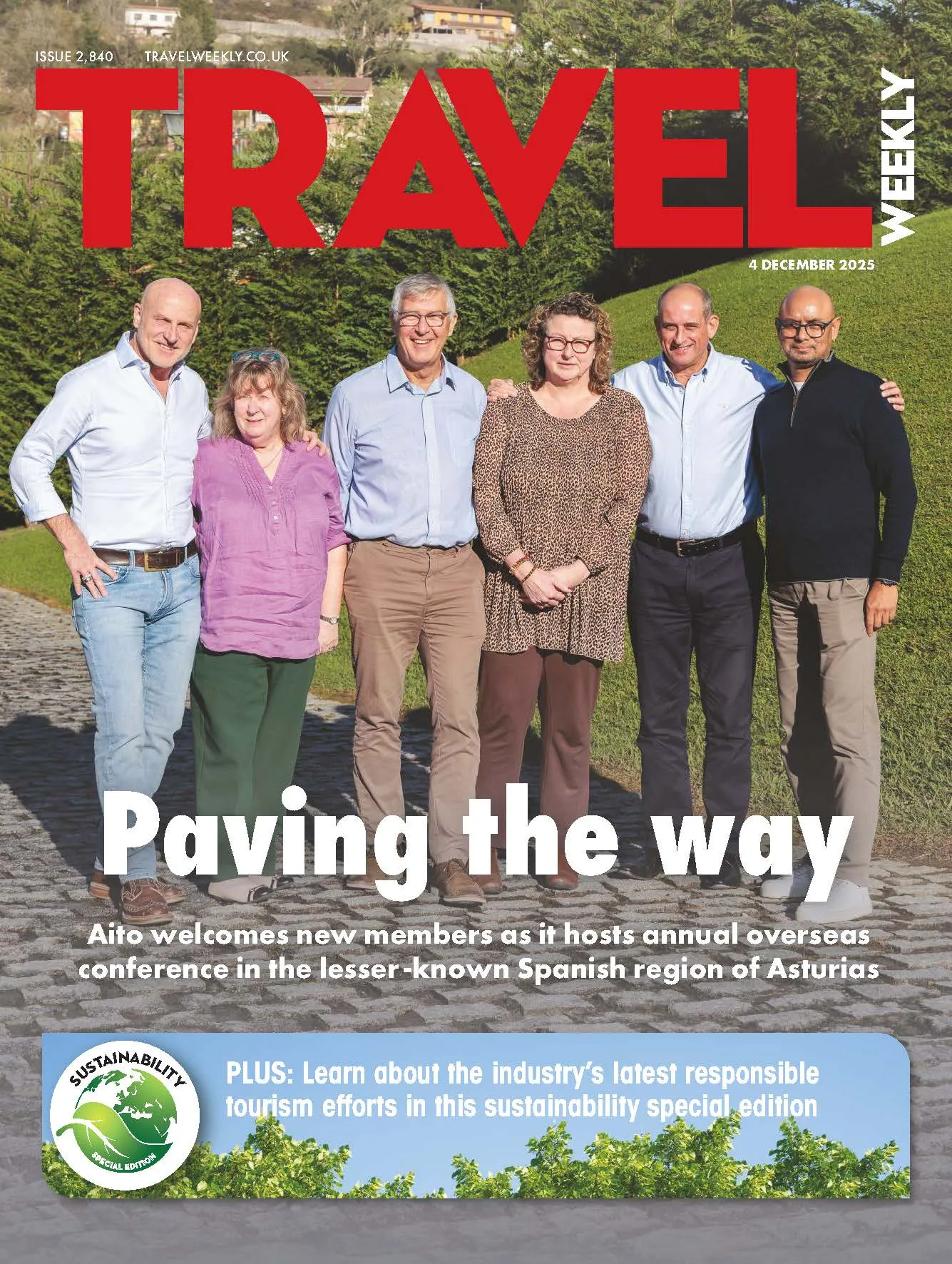You are viewing 1 of your 2 free articles
Recovery of hospitality sector is ‘staggering’, says analyst
The hospitality sector has emerged from the pandemic "far faster” than expected, with a "staggering” recovery in hotel demand.
That is according to Robin Rossmann, managing director of hospitality data analyst STR, who forecast the setback from the Omicron coronavirus variant would prove temporary, insisting: "Demand will continue to recover once we get through the next three to four months.”
Rossmann told the Deloitte European Hotel Investment Conference on Monday: "We've emerged far faster than we thought. We saw the move to digitised meetings and thought people would do more of that. But growth in businesses offering digital meetings has not continued as the economy has opened up.
"We're still in mid-pandemic, but hotel occupancy is staggeringly well recovered – the UK at an average 70% occupancy, the Middle East at 90%.
"The range in Europe has varied depending on the reliance on international or domestic markets, but the UK is up to 95% recovered [to 2019 levels].”
Rossmann argued: "Average room rates also recovered far faster than expected. There are differences by market – Portugal didn't come back, for example – but others are back at 2019 levels.”
He noted the luxury hotel market "has seen 20% to 40% growth in average room rates” on 2019 and Dubai "60% growth”.
Alex Boersch, chief economist of Deloitte Germany, agreed: "There is room for optimism if you look at the economic fundamentals. The trends for investment and consumer spending are positive for next year.”
Referring to a pan-European survey of chief financial officers, Boersch said: "Companies have been hesitant to invest. Now investment propensity is almost at an all-time high. Consumer confidence exploded after the lockdown ended in Europe [and] there is no scarring on consumer spending yet. We calculate there is £115 billion in excess savings in the UK and €313 billion in the eurozone.
"One of the most remarkable factors of the crisis is that we don't have more unemployment.”
Boersch noted the rising rate of inflation and said: "it's unlikely we will see low inflation in the medium term due to rising energy prices. Labour shortages will continue, there will be wage pressure and likely higher inflation pressure.”
He added "it's a time of great uncertainty” and warned: "Stagflation is one possibility if there are new variants after spring and supply chain problems continue. This is the situation now in Germany where there is 6% inflation and stagnating growth.”
A Deloitte survey of hospitality leaders found 76% optimistic about the future of the UK hotel market, but more than half concerned about rising staff costs and labour shortages.
Deloitte head of hospitality and leisure Andreas Scriven said: "We've proved we're resilient.” But he warned: "If we let in the future too quickly, will it set us back again?”


















